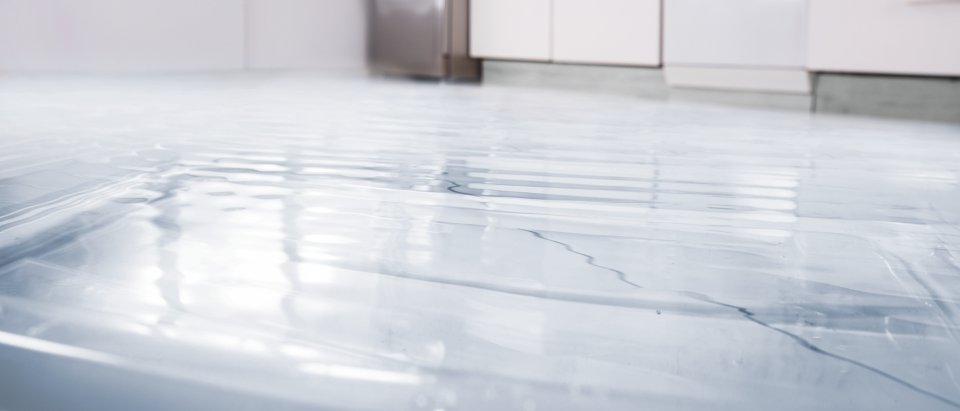
WHAT TO DO AFTER A WATER LEAK OR FLOOD AT HOME?
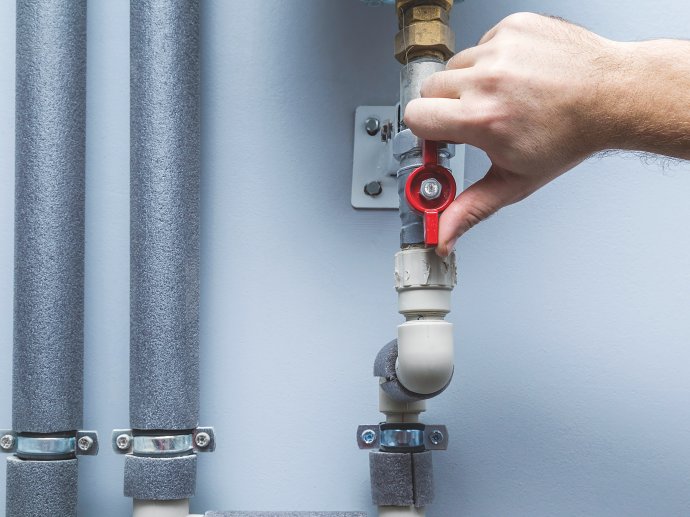
Switch off the water. The first thing to do to stop the water leak getting worse is to switch off your water supply. The stop cock or stop valve is usually positioned in your kitchen or bathroom and will shut off the water to your house immediately. The water leak may be from an obvious source that you can isolate – your dishwasher or washing machine, taps and toilets should all have an isolation valve on the hose or pipework which can be turned clockwise to shut off the water supply. If you have a major amount of water in your home, you should also switch off the electricity – provided it is safe to do so - and gas supply until the situation is resolved.
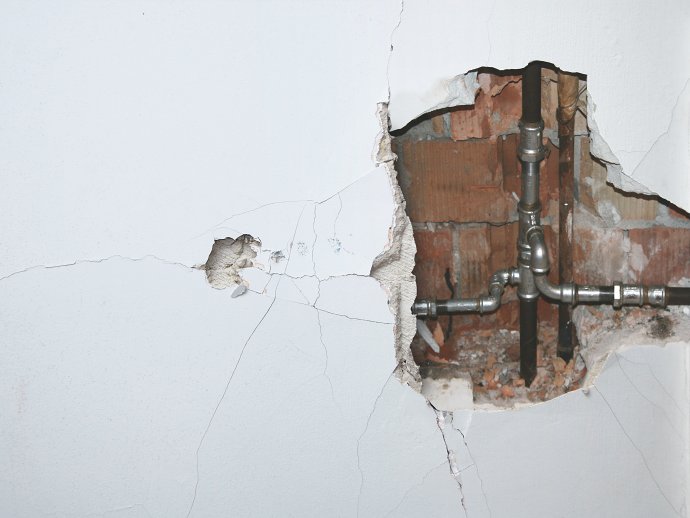
Identify the source. A water leak in the home can have many possible sources, so identifying where the water is coming from can be tricky. As well as leaking pipes water could be coming into your home from pressure points like a badly-sealed bath or shower, a leaky roof, or even from a leak in a neighbouring property.
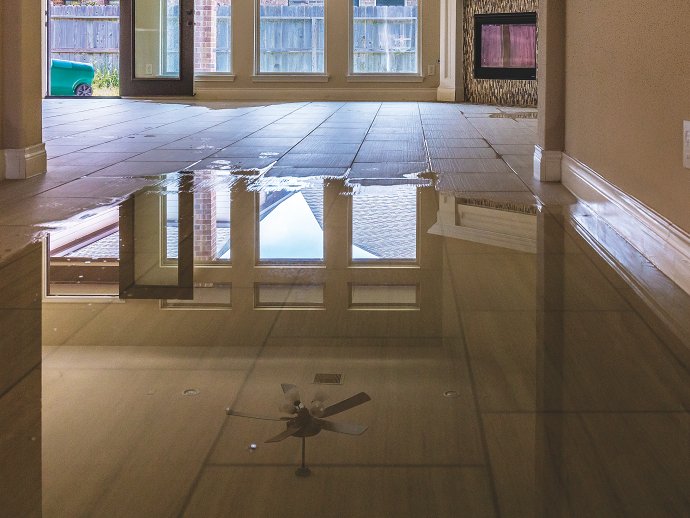
Remove any excess water. Getting rid of any standing water from the leak is an urgent task – the longer it sits in your home the more water damage it will cause. For large-scale flooding you may need to hire a pump, which should be placed at the lowest part of the flooded area. For smaller amount of flood water a wet-dry vacuum can be used.
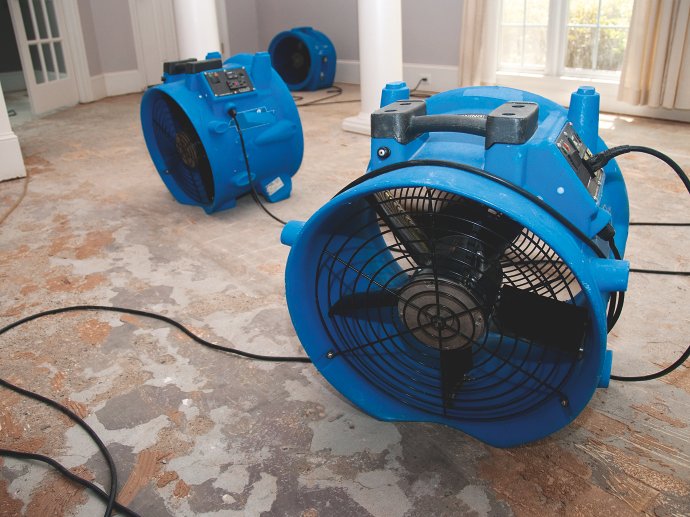
Begin the drying out process. Mould and mildew will begin to develop within 24-48 hours of a flood, so starting the drying out process swiftly is key to limiting water damage. Allow appliances and sockets to air dry, and remove any wet furniture or carpets from the area. Open windows to let the humidity out. Check your walls too – any drywall or other material that has been affected will need to be removed and replaced. The last stage for significant floods is to hire a dehumidifier to draw the moisture out of the room – but make sure to close your windows before starting it up.
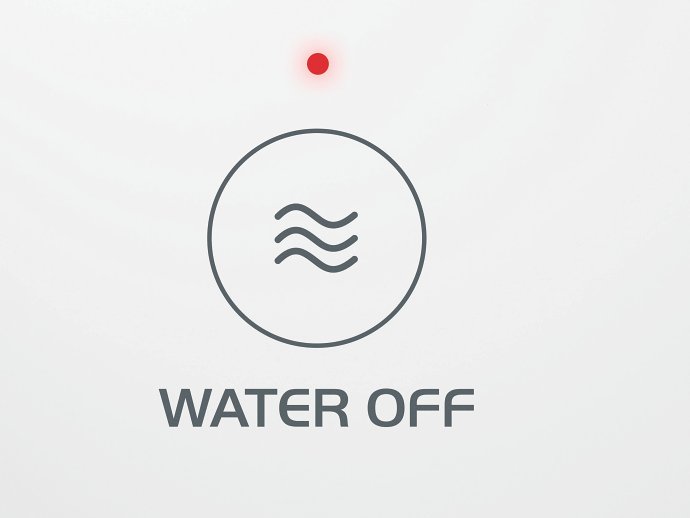
Protect against future leaks. Once the clear-up is complete you will want to make it a priority to protect your home against future any water leak. As well as regularly checking pipes and taking extra precautions during cold weather (a major cause of water leaks in the home) many people are choosing to invest in a water security system. Systems like this give you peace of mind by monitoring levels of humidity in your home and pinpointing the source of leaks immediately. But they are also much more than a water leak detector. A water leak detection system can alert you to a leak, wherever you are, and also allow you to shut off the water remotely, meaning you can tackle water leaks before they cause serious damage.
Learn more about GROHE Sense water security system